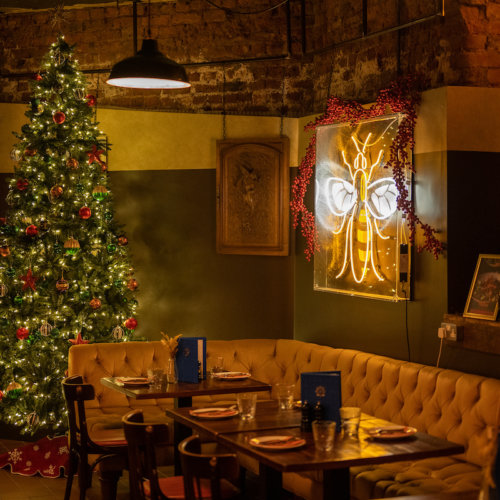Today marked the first budget delivered by a Labour chancellor in 14 years, with Rachel Reeves unveiling her plans to bring economic stability and growth to the country. At a time when pressured public services, inflation and stagnating growth have grabbed the headlines for much of the last year, it is being considered the most important budget announcement in recent memory.
The hospitality industry has been hit disproportionately hard in recent years. With COVID halting operations for much of 2020 and 2021, and the subsequent cost of living crisis rendering many businesses unable to pay their energy bills.
In an open letter released on Monday, the UK Hospitality and British Institute of Innkeeping sounded the alarm over a decline in profit margins and sweeping job cuts if the government saddled them with a heavier tax burden.
We’ve analysed the budget announcements and picked out the key changes that are about to impact the hospitality sector.
- Changes to business rates
Key change: Business rates relief of 40% from April 2025, down from 75%
One of the key concerns among pubs and restaurants was the impending cliff edge of the current business rates discount of 75%, up to a maximum of £110,000. The chancellor announced that a business rates discount would be extended from 2025, at the reduced rate of 40% and maintaining the maximum discount of £110k.
This still means that many businesses will see their business rates nearly double (rather than quadruple). A recent survey by the British Beer and Pub Association revealed over half of businesses within the hospitality sector would reduce their employment levels if business rates relief was not extended. The extension of some business rates relief will come as welcome news to many, but whether the policy goes far enough to protect jobs in the industry remains to be seen.
- Alcohol duty rates
Key change: Draught alcohol duty cut by 1.7%, non-draught duty to rise in line with inflation
Alcohol duty rates are another of the key changes in this budget, having been frozen since the Autumn budget of 2020. Reeves announced that from February 2025 the rates of alcohol duty on non-draught drinks will rise by RPI (retail price inflation), which was 2.7% in September 2024.
However, duty on draught alcohol served in hospitality has been reduced by 1.7%. Reeves suggested that this “means a penny off the pints at the pubs”, a statement met with cheers across the House of Commons. While any money off the price of a pint is good news, it’s hard to believe that this reduction will be tangibly felt by businesses or consumers.
- Employers National Insurance
Key change: Employers national insurance contribution rising to 15% from 13.8%
One of the expected rises in order to contribute to the government’s planned £40bn tax increase was an increase in employers’ national insurance contributions, which the chancellor has announced will contribute £25bn of the additional tax burden.
The increase will be funded both by an increase in employers NI contribution rising from 13.8% to 15%, as well as a reduction in the threshold at which employers start making contributions from £9,100 to £5,000. For the employers who pay it, at the 15% rate, that alone represents a £615 increase per most employees per year.
With the hospitality industry having a proportionally higher number of part-time employees, the threshold reduction will have a big impact on the sector. Kate Nicholls OBE, CEO at UKHospitality has estimated the additional tax burden on the sector could amount to £1bn.
However, there is some mitigation for smaller businesses, whose Class 1 National Insurance liabilities are less than £100,000 (fewer than 40 staff), in that employment allowance – which allows companies to reduce their NI liability – will increase from £5,000 to £10,500.
- Increase in the minimum wage
Key Change: Minimum wage will increase by 6.7% to £12.21 from April
As Rachel Reeves announced on Tuesday, the National Living Wage for people aged 21 and over will increase by 6.7% to £12.21 from next April, and an increase to £10 for 18-20 year olds.
While positive in sentiment, this compounds the extra burden on businesses, having to both pay increased staff costs as well as the increased NI contributions that will incur. This once again leads to the possibility that hospitality businesses will have to raise prices, or face staff cuts.
Many prominent voices in the sector believe that the budget has not gone far enough with its support for the industry, especially with the BBPA reporting that 50 pubs close each month in England and Wales. There is little to suggest in the budget that this figure will get any better.



